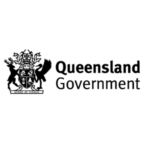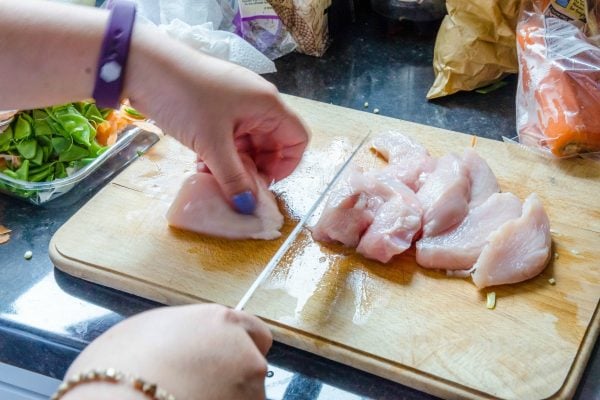

Recently, I found myself kneeling on the bathroom floor, with my head hovering over a toilet bowl, violently ill with Salmonella poisoning.
It was, by far, the worst I’ve ever felt, and it came with nausea so intense and stomach cramps so excruciating, that I wouldn’t wish the experience on my worst enemy.
I spent the ensuing four or five days, where I was unable to move/watch Netflix/eat, haunted by a five word question: WHAT. DID. THIS. TO. ME?
Since, I’ve been obsessed with food safety, doing everything in my power to ensure I never, ever get that sick again.
One thing that often causes food poisoning is leftovers. And with all the summer barbecues, picnics and Christmas lunches we’re having at the moment, it’s even more front of mind.
It can be particularly tricky when the weather’s warm and in humid places like Queensland. So, after trawling the Queensland Government’s Feel Good Facts website, I’ve narrowed down the best food safety tips for summer that we all should know to avoid hanging out with the toilet bowl more than we need to.
Never wash raw chicken.
Never.
Washing chicken before cooking increases the likelihood of food poisoning, as splashing water can contaminate surfaces, clothing, cooking equipment, other food and your hands.
The risk of food poisoning comes from something called campylobacter bacteria, and campylobacter poisoning causes stomach pain, diarrhoea and vomiting for two to five days.
So, wash your hands before and after handling the chicken, and use separate chopping boards and utensils so bacteria doesn’t spread to other food around it.


